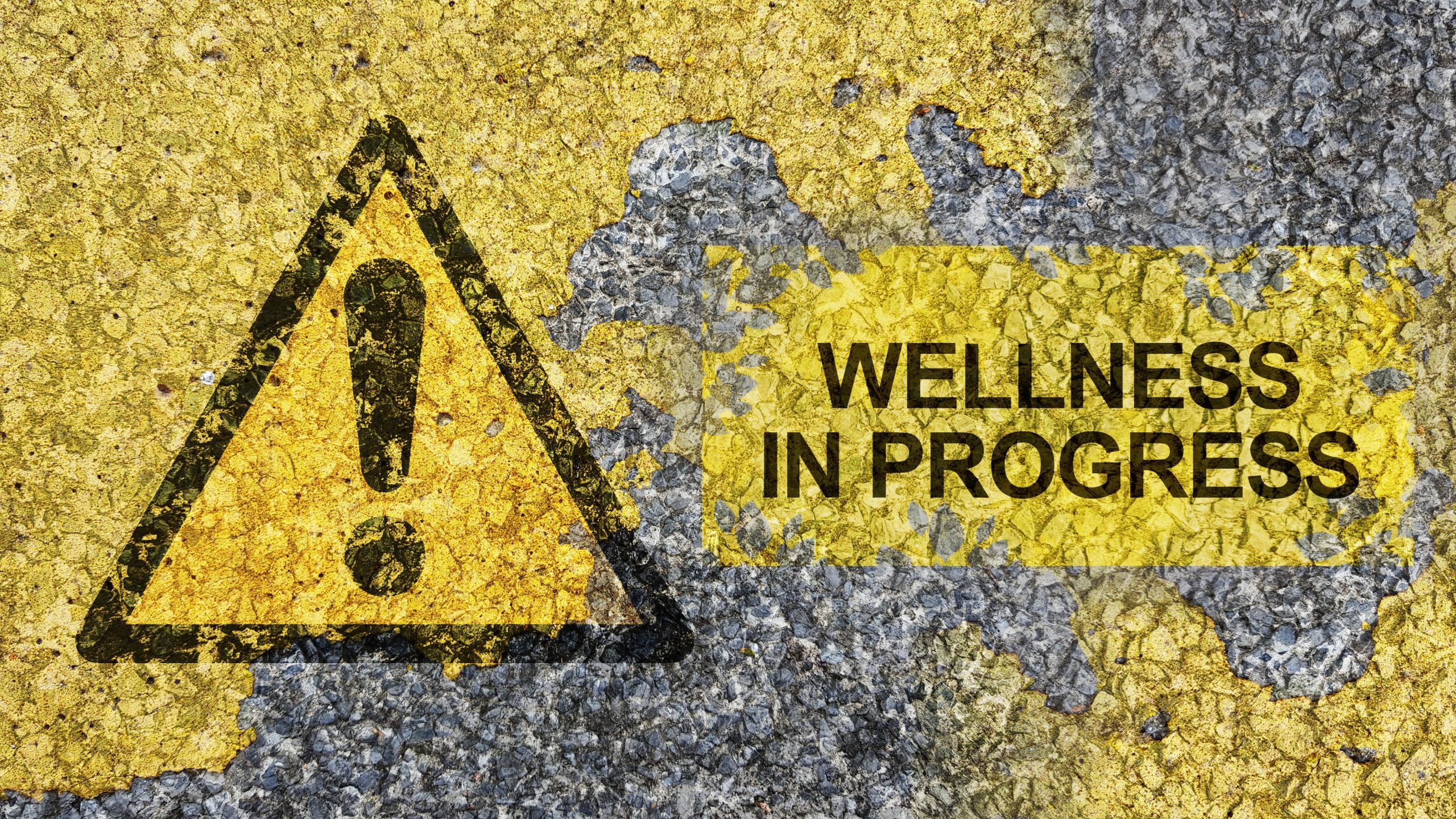
Unhealthy working habits are proving hard to break as the yearly survey continues to find most employers have seen presenteeism and leaveism in staff over the last year. The HR experts at the Chartered Institute of Personnel and Development (CIPD) explain what is going on across businesses and what needs to be done to improve the situation.
What is Presenteeism?
Presenteeism is when employees continue working, typically at a reduced rate of productivity, due to illness or injury. Despite the sharp increase in home working and perceived flexibility benefits as a result of the Coronavirus pandemic, more than three quarters (77%) of employers have observed ‘presenteeism’ – people working when unwell – in employees who are working from home in the last year. This is slightly higher than levels of presenteeism in employees attending the workplace (75%), according to the latest CIPD/Simplyhealth Health and Wellbeing at Work survey report.
The survey of 668 professionals, representing 2.7 million employees, also found ’leaveism’ – such as using annual leave to work or when ill – is an issue, with seven in ten (70%) employers observing this unhealthy behaviour over the same period.
While more organisations are taking steps to address these issues compared with last year, over two-fifths experiencing presenteeism (43%) and leaveism (47%) aren’t taking any action.
The findings suggest that many organisations haven’t been taking effective action to combat the risks of an ‘always on’ culture during the pandemic. Boundaries between work and home life have become increasingly blurred for many people working from home for example, making it difficult for people to switch off. For those attending workplaces, presenteeism and leaveism are also very real issues of concern.
Why Presenteeism in the Workplace is an Issue
Rachel Suff, Senior Policy Adviser, Employment Relations at the CIPD, comments:
“It’s crucial for organisations to address any issues that could be creating a culture where staff feel they are expected to work when ill or feel it’s the only way they can stay on top of their workload. Employers need to ensure that line managers are aware of the risks of presenteeism and being ‘always on’.
“Managers play an important role in supporting individuals with their health and wellbeing, and they should assess individual and team workloads to make sure they are reasonable, set clear expectations about taking breaks, and act as good role models for healthy working practices, such as taking time off when sick.”
The CIPD/Simplyhealth survey report also reveals the vast majority (82%) of employers are concerned about the impact of COVID-19 on employees’ mental health, and most organisations are taking additional steps to improve employee health and wellbeing. The most common measures include an increased focus on mental health (84%) and more support tailored to individuals’ needs and concerns, such as flexible working (83%).
While there is a marked improvement in employers supporting employee health and wellbeing, the report identifies key areas for improvement, such as equipping line managers with the right training, knowledge and skills to support people’s health effectively, taking a more strategic approach to enhance wellbeing and increasing investment in wellbeing.
Read the full CIPD/Simplyhealth Health and Wellbeing at Work survey report.
DLC Training are an approved provider of CIPD Professional Qualifications. If you want to begin an exciting career working in human resources or you want to enhance your existing skills and knowledge, we can help. Find out more about CIPD and the wide range of distance learning qualifications we have available by visiting the courses page on our website HERE.

